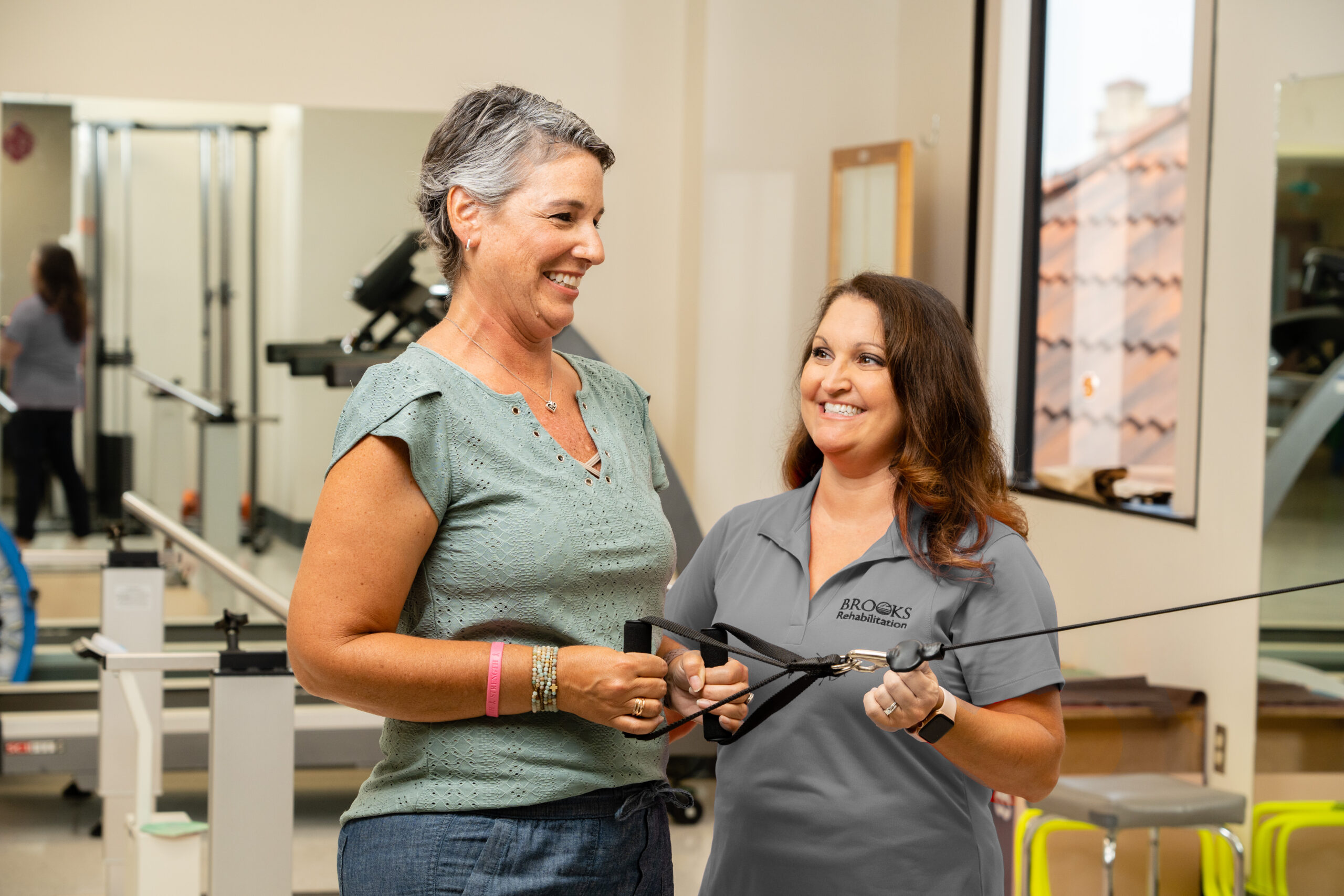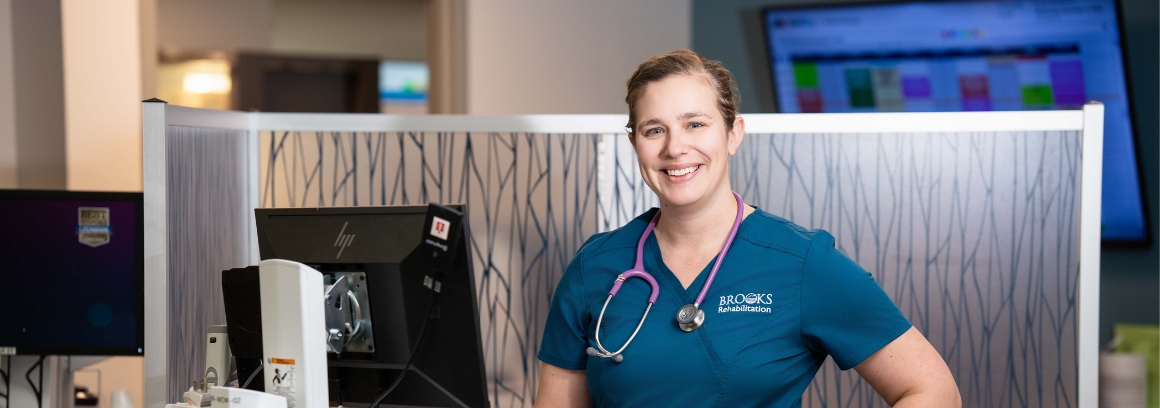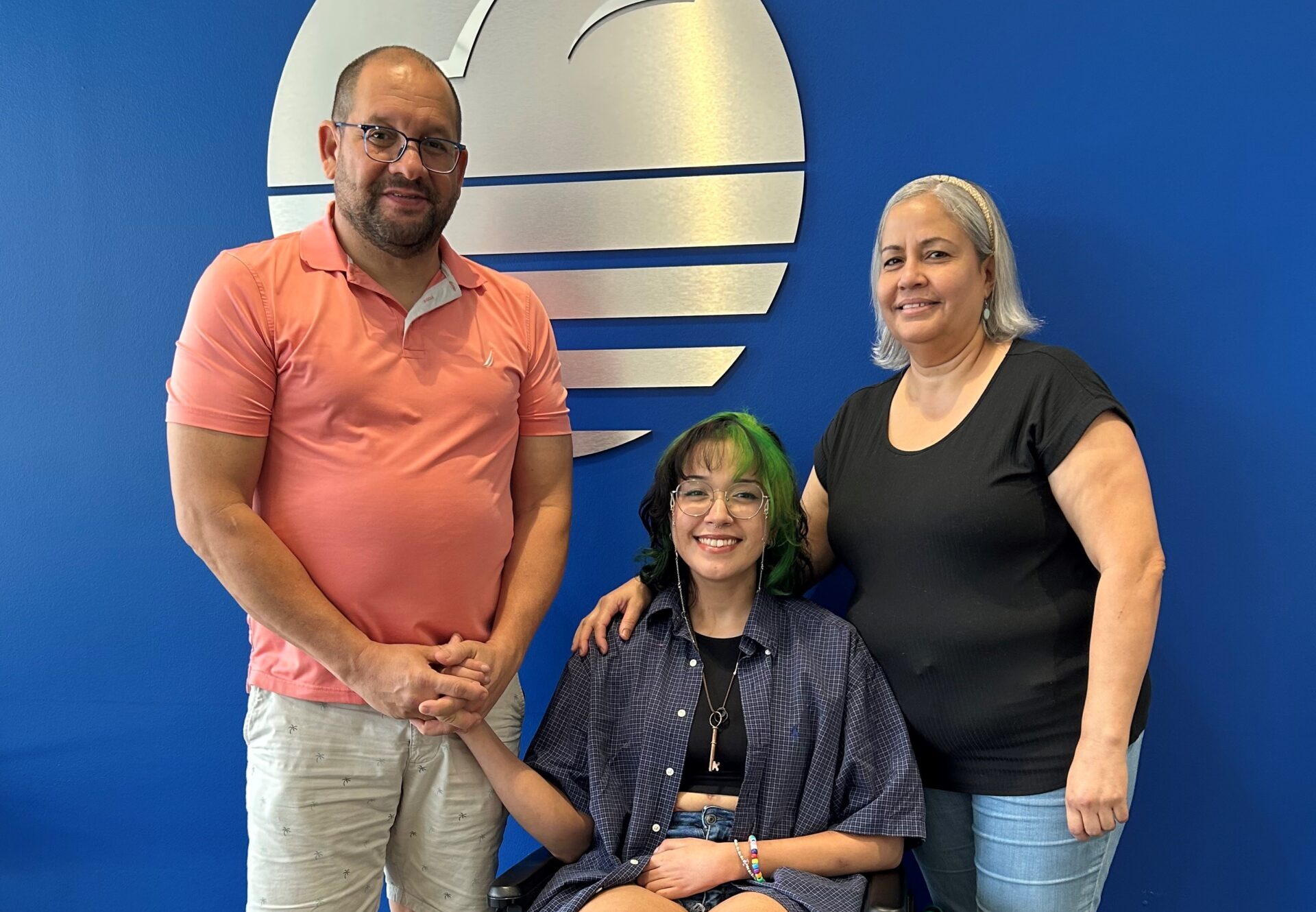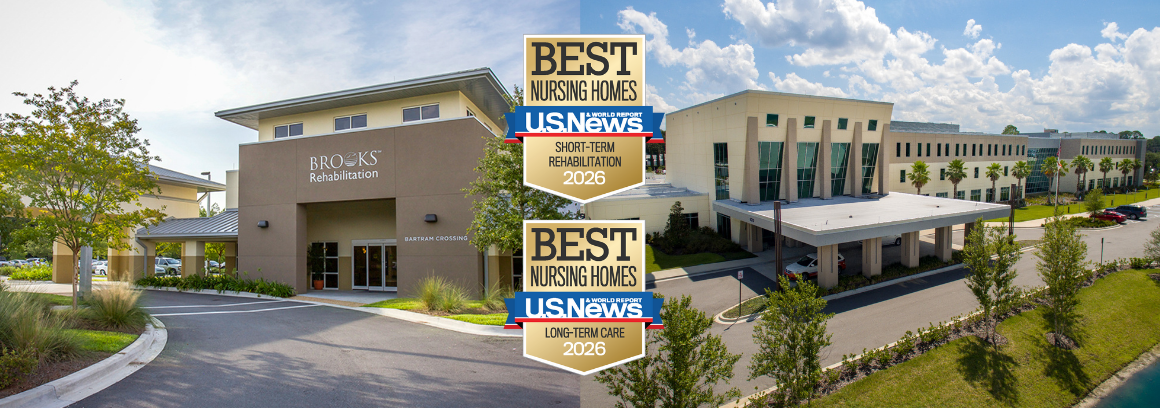What Is Leukemia?
Leukemia is a cancer that starts in the blood-forming cells of the bone marrow and circulates through the bloodstream. Treatment helps eliminate cancer cells and potentially stops the disease from spreading. But both the cancer and these therapies can have side effects that interfere with daily life. Cancer rehabilitation can help optimize independence before, during or after treatment.
Types of Leukemia
Some forms of leukemia come on suddenly and grow quickly (acute). In others, the cancer develops slowly and may not cause symptoms for years (chronic).
There are four main types:
- Acute lymphocytic leukemia (ALL) is a fast-growing cancer of the white blood cells called lymphocytes. It’s more common in children.
- Acute myeloid leukemia (AML) progresses rapidly and starts in cells that become red blood cells, white blood cells, or platelets.
- Chronic lymphocytic leukemia (CLL) is a slow-growing cancer of lymphocytes. This form usually affects older adults.
- Chronic myeloid leukemia (CML) starts in cells that become red blood cells, white blood cells or platelets, and which also have a specific chromosome.
Leukemia Treatments
The treatment that’s right for you depends on the leukemia type and its severity. You will likely receive a combination of therapies designed to kill cancer cells or slow disease progression.
Treatment may include:
- Chemotherapy (most common), which uses drugs to destroy cancer cells throughout the body
- CAR T-cell therapy to modify your immune system to attack leukemia cells — typically for cases in which other treatments are not effective
- Radiation therapy, which uses focused energy to treat leukemia in specific areas or help you prepare for a stem cell transplant
- Stem cell transplant to replace damaged bone marrow with healthy cells
- Targeted therapy, which blocks proteins or genetic changes that enable certain types of leukemia to grow
Side Effects of Leukemia and Treatment
Leukemia and its treatments can cause a range of side effects. You may experience:
- Anemia-related symptoms, like shortness of breath and dizziness
- Bone or joint pain
- Easy bruising or bleeding
- Increased infection risk
- Loss of appetite or unexpected weight loss
- Muscle weakness or low tolerance for even mild physical activity
- Steroid-related issues, such as high blood pressure
- Nerve issues, such as numbness, tingling, or pain
- Difficulty concentrating, feeling “foggy”, or emotional distress
Cancer Rehabilitation for Leukemia
Rehabilitation eases the side effects of leukemia and treatment. At Brooks, therapists with experience in cancer rehabilitation work closely with other highly regarded providers. Together, they help you find relief and make steady progress toward your goals.
Your care may include:
- Occupational therapy helps you learn new ways of bathing, dressing or managing other everyday activities.
- Physical therapy improves strength, balance and endurance. It can also help reduce fatigue, restore mobility and make everyday activities easier.
- Speech therapy addresses issues with thinking, memory or communication. It can also help you process information more easily and find the right words to express yourself.
More about leukemia recovery at Brooks
Rehabilitation is available in a variety of care settings, so you receive focused and timely support based on your needs.
Offerings include:
- Inpatient rehabilitation can help after a hospital stay, stem cell transplant or serious illness. You receive 24/7 care and intensive therapy.
- Home health services bring nurses or therapists to your home if you’re recovering from intensive treatment or have difficulty traveling for other reasons.
- Outpatient therapy is available in clinics throughout the region and provides rehabilitative services for less-severe concerns.
Why Choose Brooks Rehabilitation for Leukemia Recovery?
Brooks offers one of the most comprehensive cancer rehabilitation programs in the region. Whether side effects are mild or severe, our expert team can help you overcome nearly any treatment-related challenge.
Highlights of our program include:
- Whole-person approach: Brooks offers comprehensive cancer rehabilitation, including more of the services and support you need to live well during treatment. You may benefit from the assistance of behavioral health specialists, social workers and dietitians. We also offer education and resources for you and your family.
- Highly skilled medical oversight: Our rehabilitation physicians and nurses are skilled in managing some of the most medically complex cases. This includes challenges such as severely low blood counts, heightened infection risk, and kidney or liver complications. We deliver the medical attention you need along with safe, effective rehabilitative therapies.
- Leading-edge technology: At Brooks, you have access to innovative C-MILL gait training equipment and several virtual reality simulation therapies. These technologies offer unique ways to safely include specific types of movement in your recovery.
- Oncology rehab navigator: If you need inpatient rehab, we coordinate with your cancer care team to keep treatment and therapies on track. These efforts may include communicating with your oncology team or adjusting therapies based on your treatment schedule. We also offer on-site lab work and imaging.
FAQs About Leukemia Recovery
Starting rehab early helps you maintain strength, manage side effects and stay independent throughout treatment. We design your rehabilitation plan to work alongside leukemia care, adjusting session timing and intensity, so you can participate in ways that are meaningful.
Yes. At Brooks, neuropsychology services are available, if needed, to assess how treatments like chemotherapy are affecting your thinking, memory and focus. Based on those findings, a speech therapist provides targeted exercises and strategies to improve these skills. Their combined efforts make it easier to manage daily activities.
Sometimes, especially after a stem cell transplant, a severe infection or other serious complication can occur. Inpatient care provides 24/7 medical oversight and intensive therapy. Our team is experienced in managing complex cases while supporting your recovery.
Request Care at Brooks
Find out more about becoming a patient and learn about cancer rehabilitation for leukemia.Latest News and Health Resources
Education and guidance to support your recovery
Jacksonville University and Brooks Rehabilitation Launch Workforce Partnership for Nursing Students
Jacksonville University and Brooks Rehabilitation have established a new scholarship designed to support high-performing nursing students and strengthen the region’s clinical...




